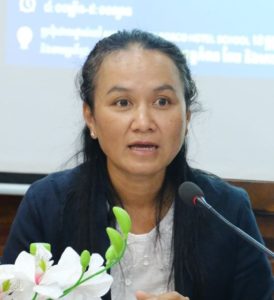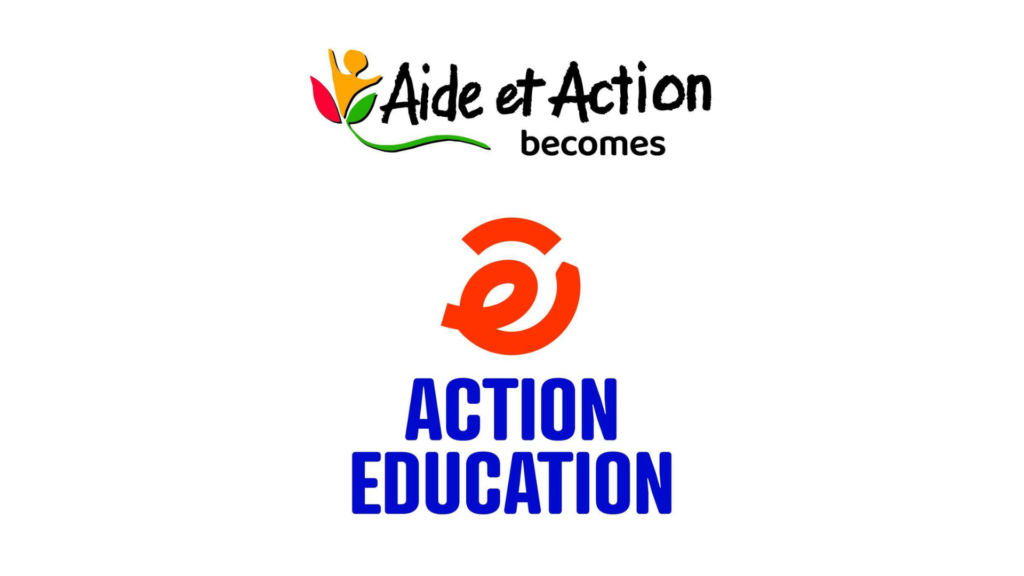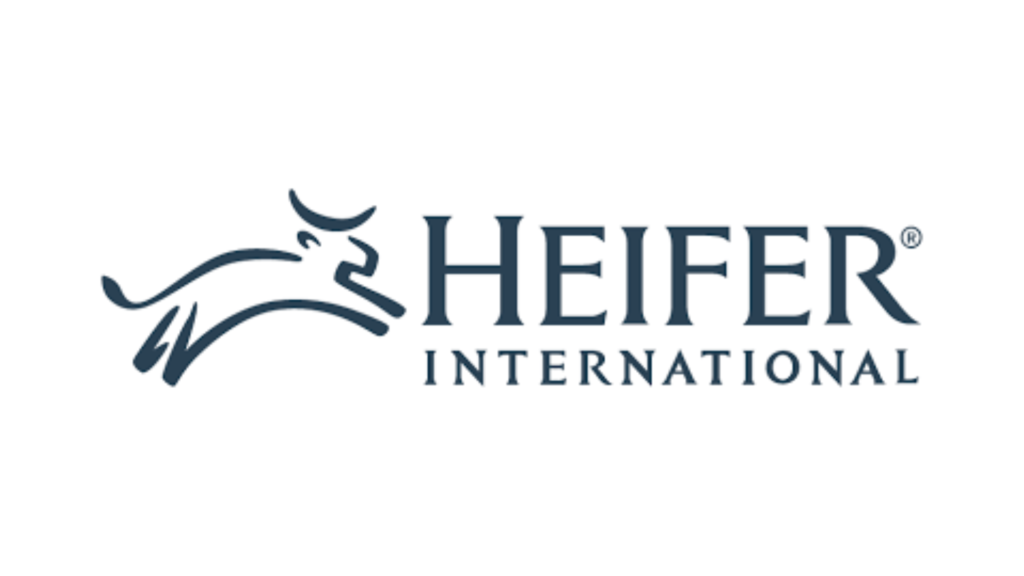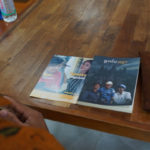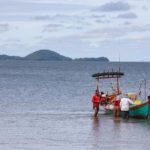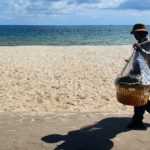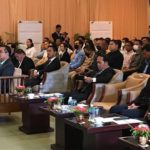Co-Invest in People
CO-IMPACT is improving school infrastructure, quality of teaching, by providing in-kind support, scholarships, and non-formal education, as well as remedial classes for at-risk children.
Co-Invest in Prosperity,
CO-IMPACT is upskilling and investing in social enterprises to foster innovation and contribute to Cambodia’s society and economy.
Co-Invest in Planet
CO-IMPACT is working with local communities and authorities to solve local problems in water access, waste management, clean energy, environmental conservation, and management of fisheries resources.
Latest News
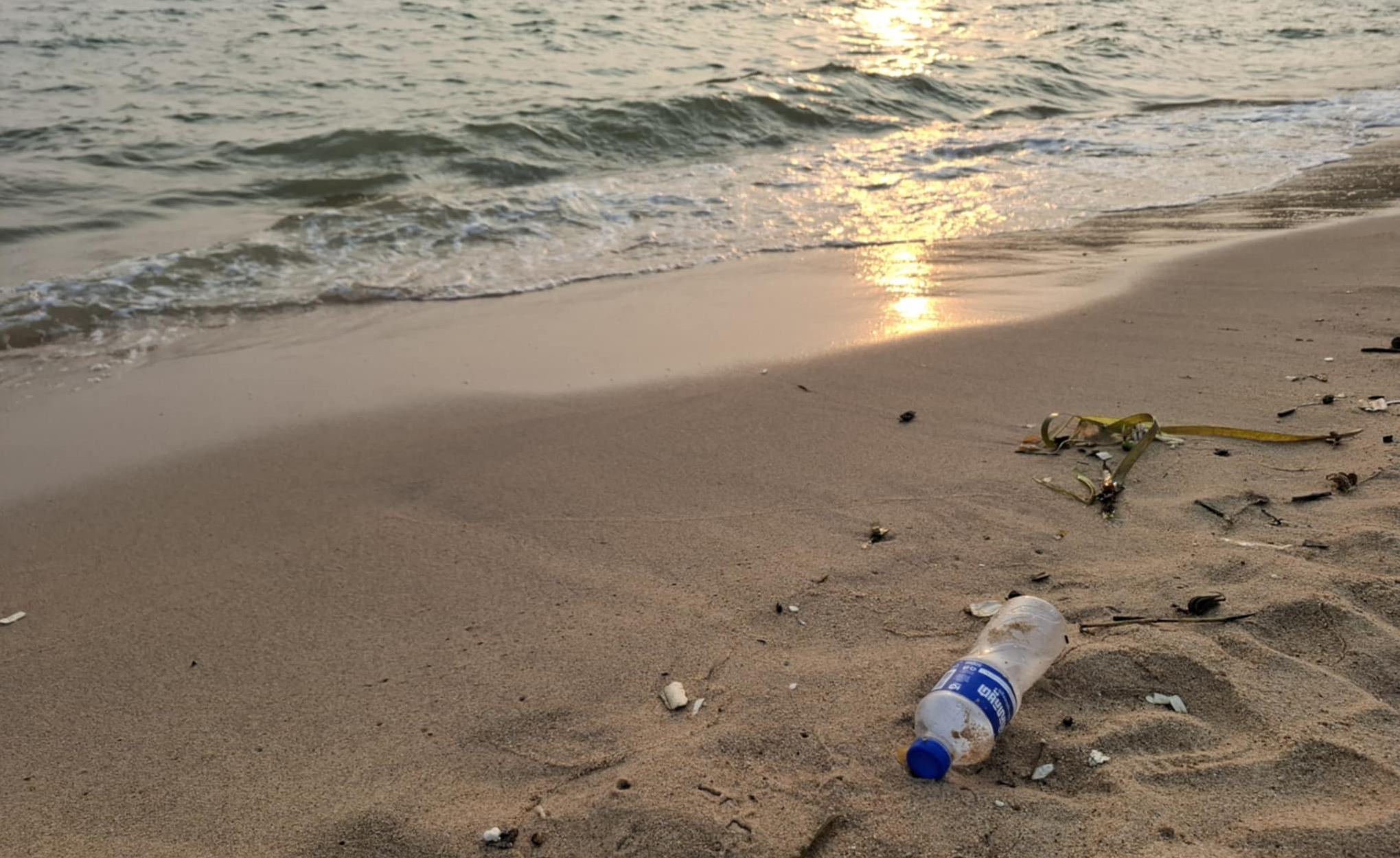
World Environment Day: Fighting Plastic Pollution Through Local Leadership
This year, World Environment Day is themed “Ending Plastic Pollution.” As this global crisis continues…
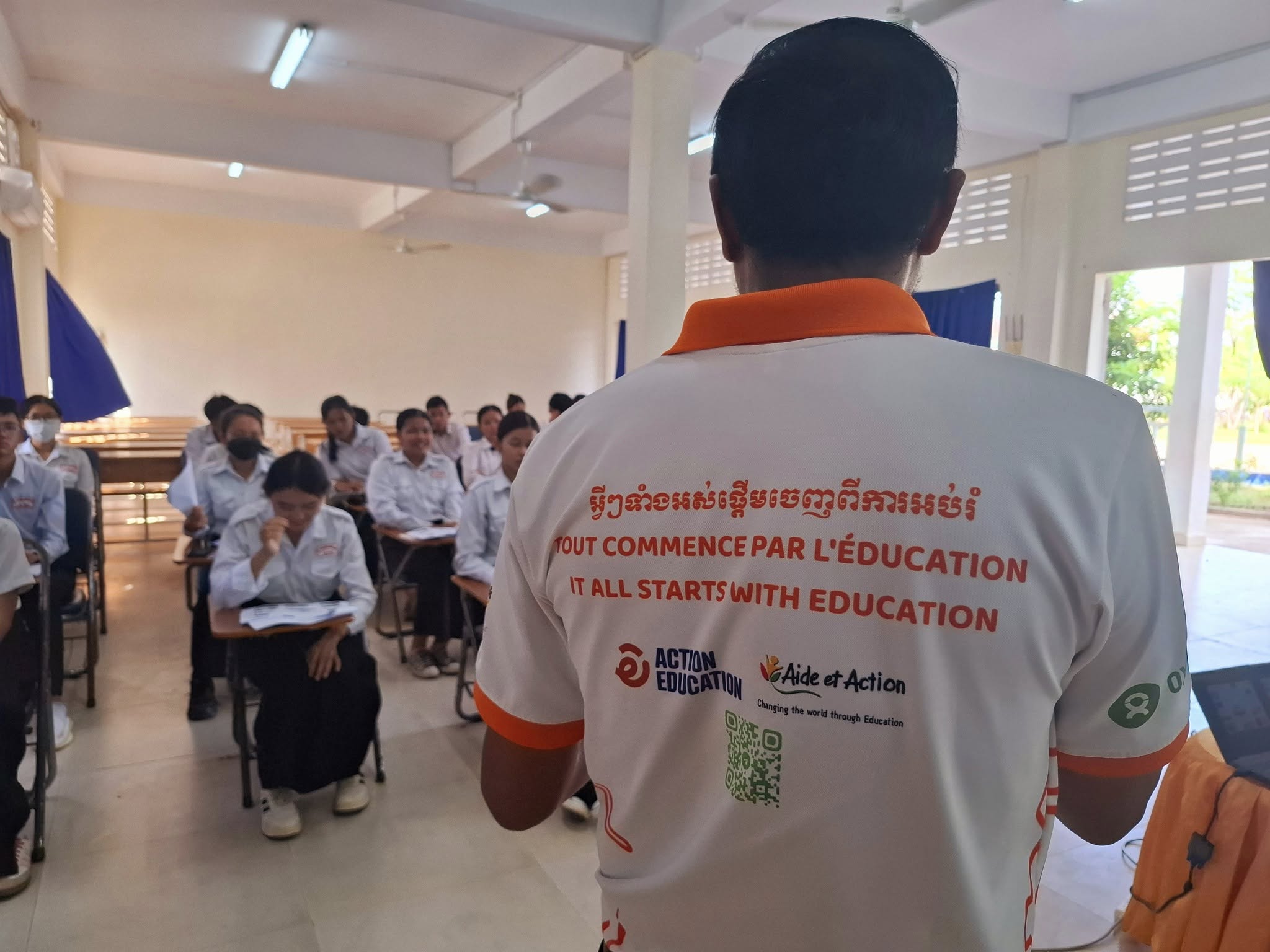
World Environment Day: Youth Rise Up for the Forest and the Ocean
Today, on 5 May 2025, we celebrate Cambodia’s youth. The future of marine ecosystems is…
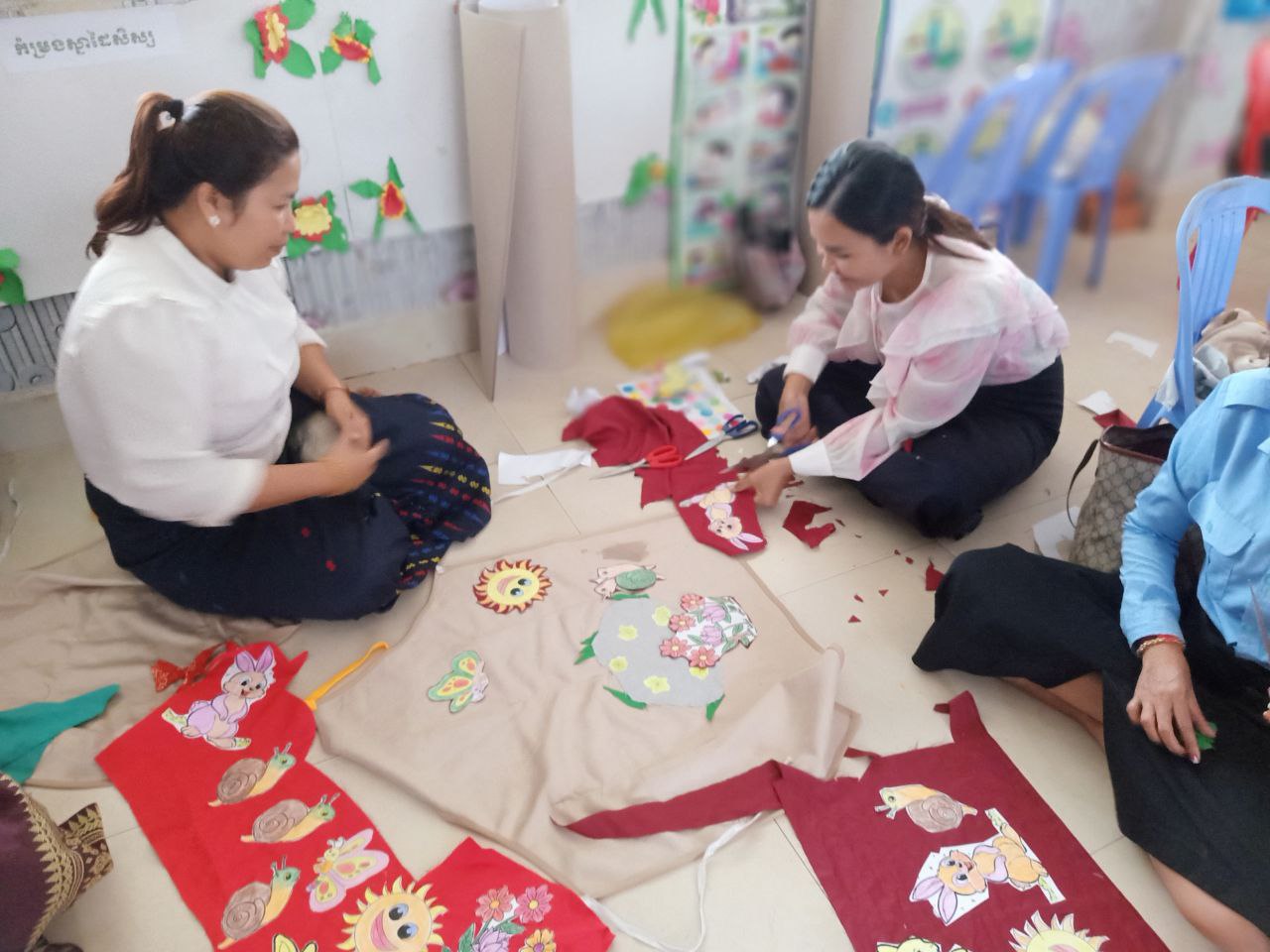
The Art of Teaching: Empowering Community Pre-Schools
With scissors, paper, coloured fabric, and imagination in hand, Community Pre-School (CPS) teachers in Kep…
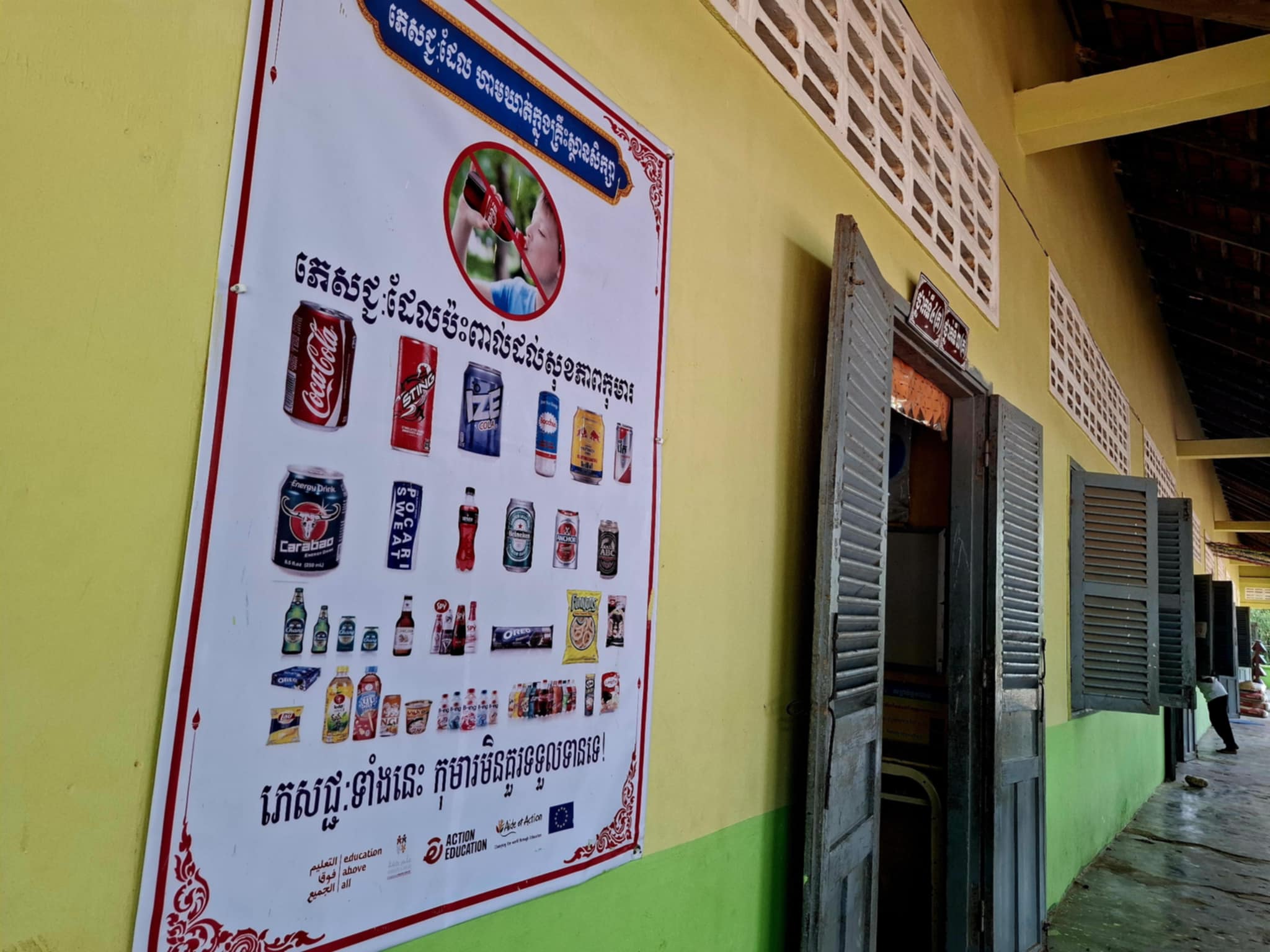
Learning That Sticks: A Colourful Poster Tackles Hidden Barriers to Education
In the quiet coastal province of Kep, a new kind of lesson is unfolding—one found…
Our Partners and Co-Investors
Our partners and co-investors have years of experiences in their respective expertises.
Interviews
Interview
We want to see our fishing communities benefit from our project, in which their activities of the fishing communities improved in term of the development of waste management. We will support any new alternative businesses project in the field of eco-tourism, hospitality, and around 60 businesses. These businesses would have received the Impact Investment Funds to expand their businesses, create jobs as well as increase productivity, contribute to poverty reduction and improve people’s lives.
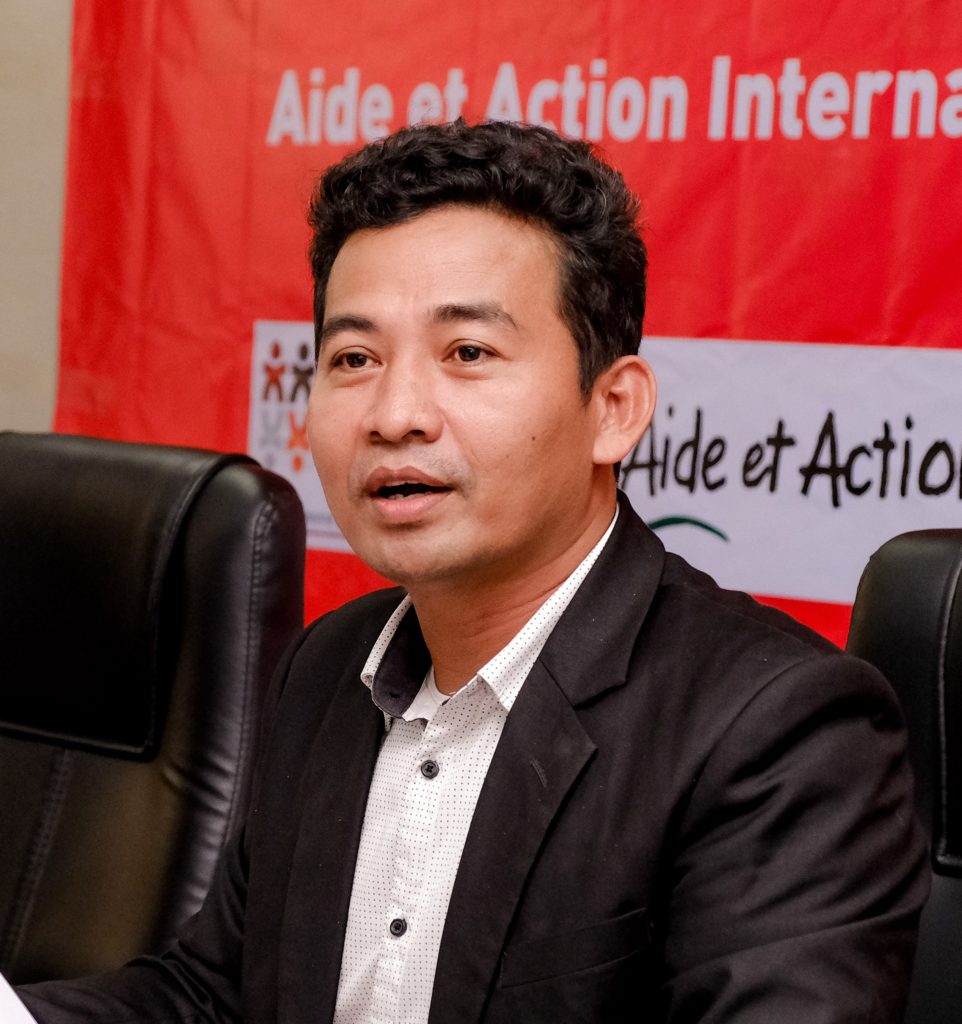
Mr. VORN Samphos, Country Director, Aide et Action/Action Education
We want to see the fishing communities in the coastal areas have better accesses and improved livelihoods, while their children have access to quality education, improve their family livelihood, and access to other social services, related to clean water, and sanitation, as much as others.
